March 19, 2020. Santa Cruz County is currently under a shelter in place order. Veterinary medicine is considered a health field, so Chanticleer Veterinary is fully operational, with enhanced (over what was already a strong in hospital infectious disease control program) sanitation practices, lobby closure, curbside service and opportunities for telemedicine for our patients whom we have seen in the past year.
We have postponed elective procedures that require sterile non-reusable paper products and face masks, acknowledging that these products we’ve used liberally in the past are now in scarce supply and urgently important in human health. Of particular importance to us, though, is providing urgent and emergency care for your pets as the “regular” concerns like vomiting, diarrhea, coughing and bleeding occur. This week we saw a 9-month-old bulldog whose exuberant “mounting” behavior led to blood spurting from his penis that could have been straight out of a Grey’s Anatomy episode!
It is also important, though, to maintain ongoing pet preventive healthcare that might lead to urgent medical problems. Specifically, if you have young pets who have not completed their vaccination series, we want you to come in and continue those; we can accommodate almost any method of getting vaccinations to your pet that you request. Also, we recommend that if you receive a rabies vaccination reminder for your pet you let us update that. Vaccinations for lifestyle-associated, non-“core” vaccines like influenza and leptospirosis should stay current if you’re going to continue those particular lifestyles. If you’re taking advantage of the great outdoors for your social distancing and your dog is with you, keep that lepto vaccination current. While it may be unlikely that you’ll travel for leisure, if you need to rely on a kennel for pet care during a time of illness, please keep all vaccines current.
We continue to rely on the American Veterinary Medical Association for science-based information on how to respond to the coronavirus threat. We encourage you to visit www.avma.org and click on the COVID-19 link. Here are some of the specifics:
- None of the experts have any proof or concerns that pets become ill with COVID-19 or that they spread it to human or other animal family members
- If you are not ill with COVID-19, interact with your pet just like you always do! Maintain regular good hygiene – wash your hands before and after petting, keep pet coats clean, wash food and water bowls daily with soap and regularly clean bedding and toys. Remember – there have always been germs that animals can spread to people so most of these apply even in regular times!
- To be safe, until we know all there is to learn about this virus, if you are infected with the virus we recommend you limit contact with your pet. If you have a service animal and you must interact, no kissing or hugging and wash your hands before and after touching them or harnesses.
Most importantly: in this time of increased stress and increased time at home, celebrate how lucky you are to have a pet! The human animal bond has always sustained us when emotions are high – they don’t care if you have toilet paper or not, they actively avoid social distancing, and a vigorous tail wag and shining eyes or a loud purr and bread-making paws will always lower blood pressure. Take the time to accept those gifts. Be well.

